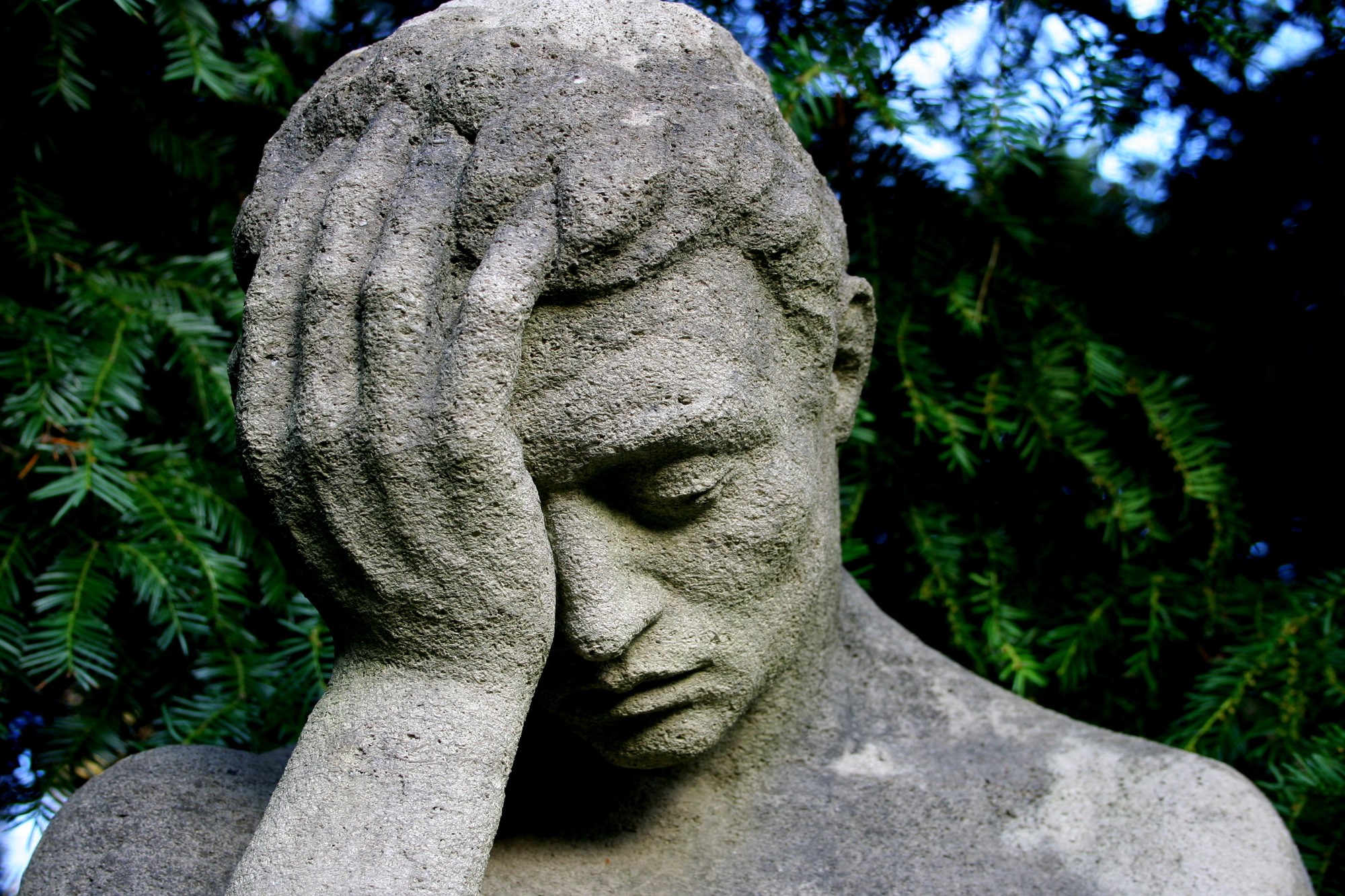Why Is the World in Moral Decline?

It isn’t. But apparently it feels that way to most people. According to investigators Adam Mastroianni and Daniel Gilbert, people everywhere (or at least in sixty different nations) have consistently believed for seventy years that the world is declining morally – that people are getting ethically worse as they get older, and that every succeeding generation is morally worse than the one before it.
Except that if you ask people other questions like, “Were you treated with respect all day yesterday?” or “Would you say that most of the time people try to be helpful, or that they are mostly just looking out for themselves?” or “During the past 12 months, how often have you carried a stranger’s belongings, like groceries, a suitcase, or shopping bag?” you get very different answers. Mastroianni and Gilbert say, in other words, “that when people are asked to assess the current morality of their contemporaries, their assessments do not change over time.” So, if you ask people if society is declining morally and people are worse than they used to be, a startling 84% say, “Yes.” But if you ask them about how they’ve personally been treated lately the answers people gave in 1949 pretty much match what people say in 2023. Hence the title of Mastroianni and Gilbert’s paper, “The Illusion of Moral Decline.”
I have encountered a lot of anecdotal evidence that people believe that morality is declining, and Mastroianni and Gilbert cite more. In fact, I have heard plenty of people claim everything is declining, all the time. What is new to me is that people’s contemporaneous reports about their actual experiences with other people belie this narrative of decline. How can we explain this?
I would argue that human beings are pervasively influenced by various archetypal narratives. Here are two really powerful ones. The narrative of progress – that, as Dr. Martin Luther King said, “the arc of the moral universe is long but it bends toward justice” – has had tremendous influence. But the narrative of moral decline goes all the way back to the Garden of Eden and that apple. (Lest you think it’s only a Christian phenomenon, the Ancient Greeks also thought everything and everybody was getting worse.) There is, however, no narrative of stasis. People usually think that things are mostly getting better or mostly getting worse.
But even if that’s true, it doesn’t explain why the majority gravitate toward the latter rather than the former – that morality should be thought to be in decline, specifically, rather than progressing. The explanation that Mastroianni and Gilbert give for this illusion is based on how two psychological phenomena come together: “biased exposure effect” and “biased memory effect.” Biased exposure effect says people pay more attention to negative information about other people. The media, especially the new media, may amplify this effect. “If it bleeds, it leads” was supposed to have been the motto of the most influential newspaper publisher in American history. But negativity, even violence, still seems to generate more interest on screens. Biased memory effect, alternatively, goes the other way. People recall positive events more, forget or misremember negative events, and to the extent they recall negative events tend to have lost their emotional impact. You may have experienced meeting someone who we once had a conflicted relationship with, but discovering you now share a warm nostalgia for positive events you share and forget about the bad times.
So, when people look around at what is currently going on the negative aspects of things, the bad things that happen have more salience for them. However, when they think of the past it seems much better to them now than it did at the time. But when you ask people specific questions about what they have recently experienced, those experiences aren’t all that different from what people experienced in the past.
I don’t want to argue with any of this – I am not an empirical psychologist. But I wanted to bring one thing to the forefront that seems to be lurking behind. There’s always a problem when doing empirical work on normative or moral issues. Most famously, in studying moral development Lawrence Kohlberg asserted that people who follow Kant’s moral theory are more morally well-developed than consequentialists. But that only makes sense if you have already won the argument about Kant’s theory being the best available. Try telling a utilitarian that they only believe that view because they are not as morally well-developed as Kantians. Given our very different perspectives, how should we go about quantifying moral decline?
Mastroianni and Gilbert give a pretty plausible account of the core of morality when they ask people if other people have shown them respect or have been helpful. But suppose I have the view that any marriage except between one man and one woman is morally wrong or that doctors who help people medically transition from one gender to the other are butchers. I might think then that while people are still relatively nice, they are morally bankrupt in ways no one would have even thought of in the past. Or suppose I think abortion is the key to women’s autonomy and without robust protections around it, women will not be counted as fully-human. I might think that Dobbs v Jackson shows the world in precipitous moral decline. Whether or not you think the world is in moral decline depends on how we define moral decline. Again, it’s perfectly possible to think that in one-on-one interactions people are generally fine, but that, overall, things are worse because people are morally corrupt in other ways.
Is there a way to generalize this effect? What if the older people get, the more they tend to get morally conservative in their outlook? What if successive generations of younger people tend to be more tolerant of a wider range of behaviors? Then one person’s moral decline is another person’s moral progress. Or so we might speculate.




